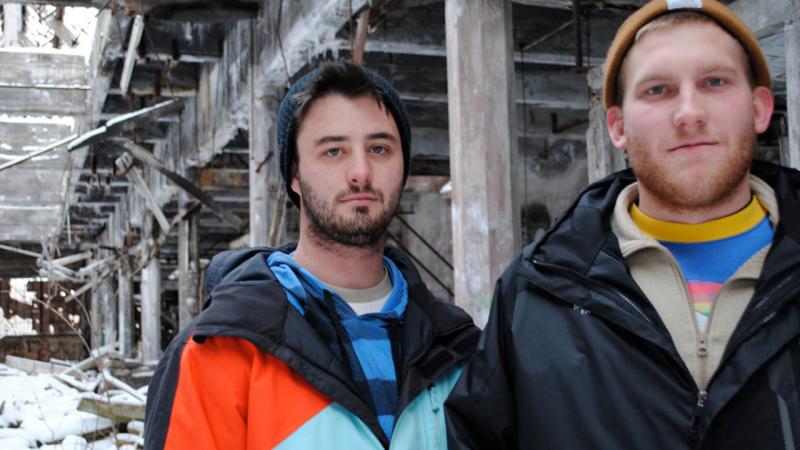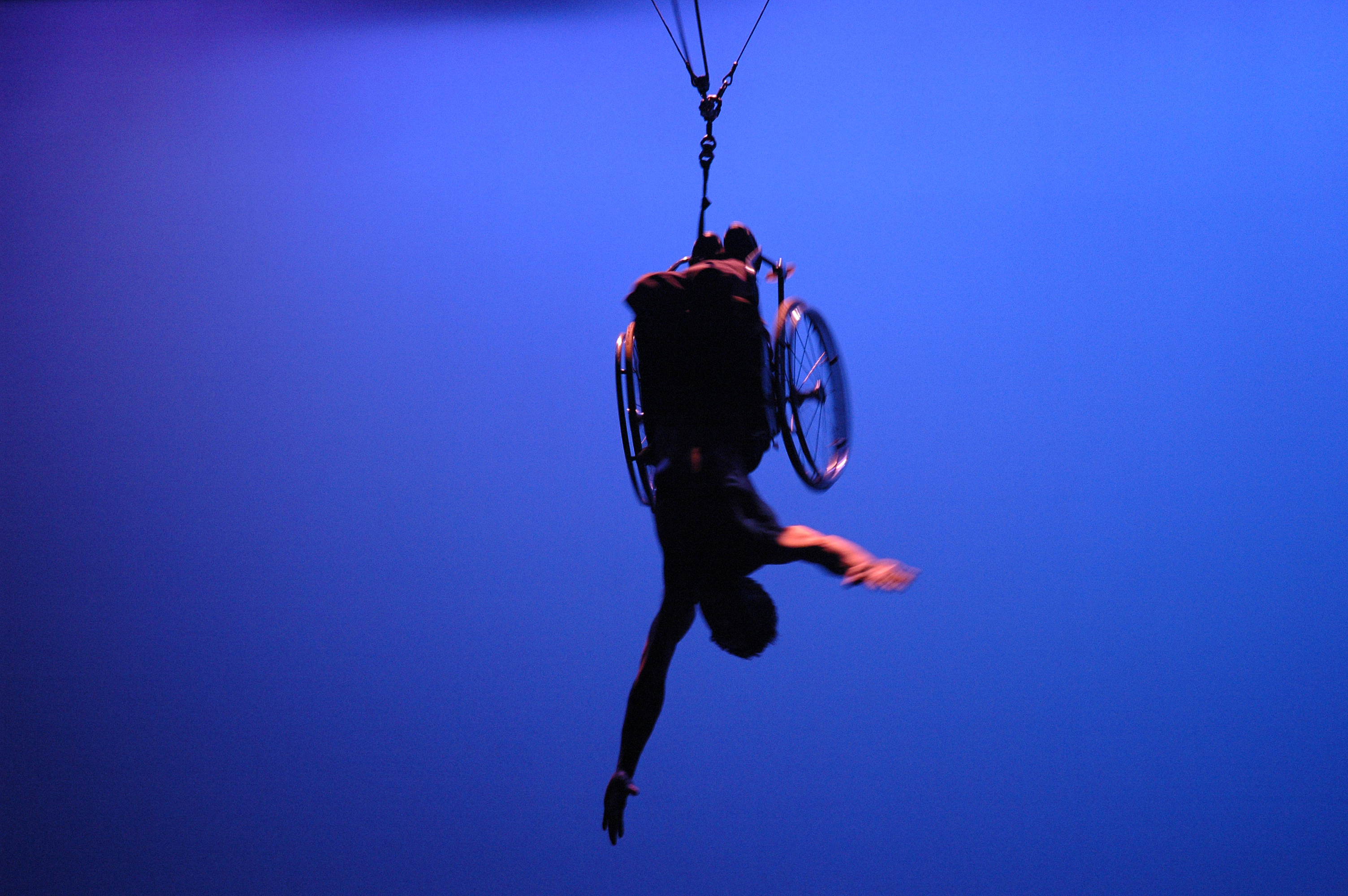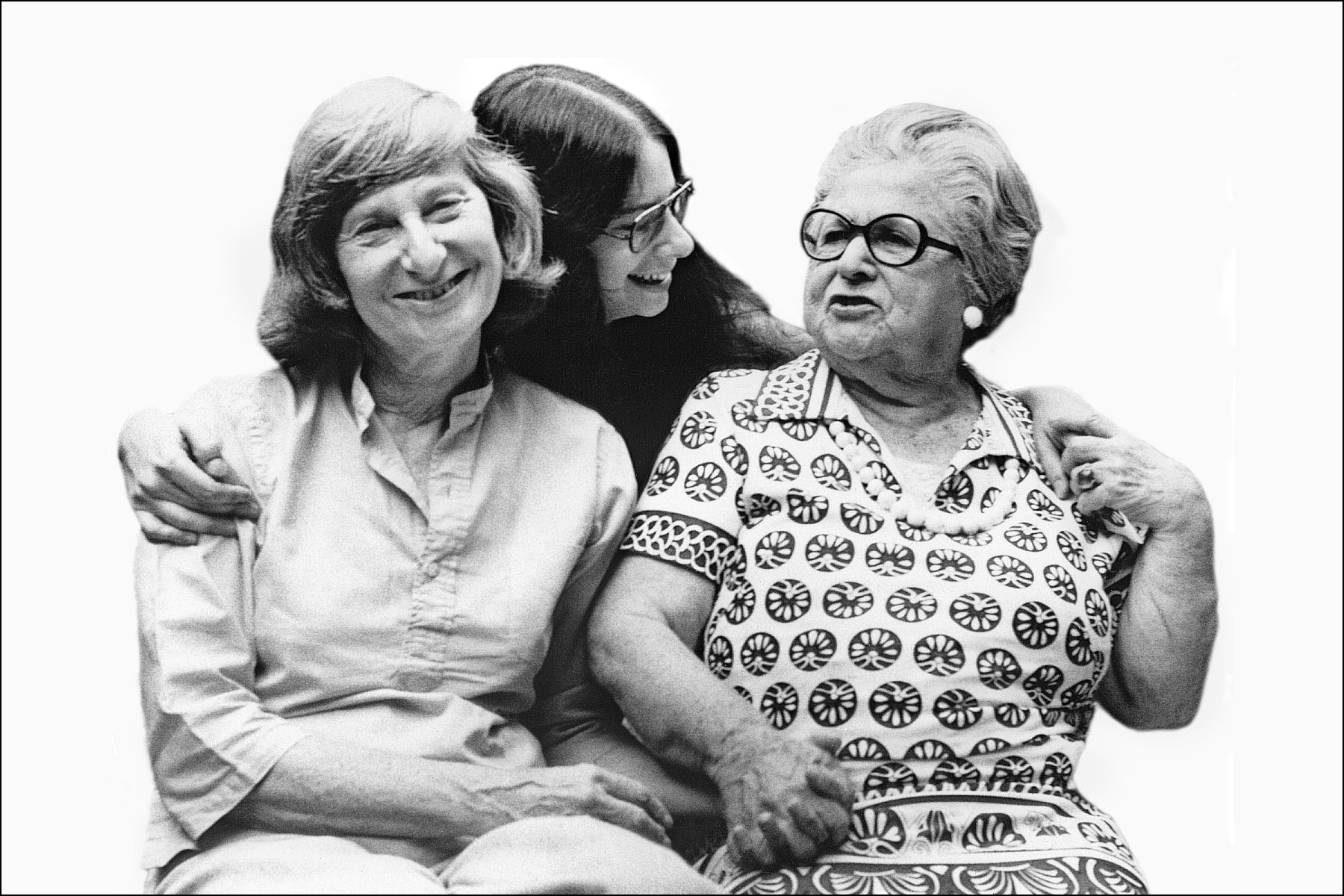As the war in Iraq began, flags and bumper stickers appeared proclaiming, "Support our troops!" Yet, as this documentary reveals, some of these soldiers found that once they had finished their tour and returned stateside to rejoin civilian life, there is little in the way of support from Veterans Affairs, elected officials, or even the general public.Director Dan Lohaus highlights the plight of homeless veterans who served in Vietnam or Iraq. These men and women are sleeping under highways, in homeless shelters, in their cars, and camping in the woods. While many voices of veterans are heard in this documentary, Lohaus follows one particular story of Iraq war veteran, Harold Noel, who is living in his Jeep. Noel's family, currently in a temporary housing arrangement, has two weeks to find shelter. Noel is in a desperate search to find someone, anyone, to help him.To add to the economic struggle, Noel suffers from post-traumatic stress syndrome (PTSD), a result of the deaths and other human atrocities he observed in the early days of the invasion of Iraq. Noel was a fuel truck driver in the middle of chaos. He describes driving and simultaneously firing his machine gun out the driver's side window while constantly praying no missile would hit his truck. At the time, Noel firmly believed, "We have a good country that will take care of us [the soldiers] when we get home." After seven months Noel did return home and life was not what he expected; "I came home to nothing."The potential of his wife and children being homeless motivates Noel to seek help from anyone who might listen. He starts with the obvious agency, the New York Housing Authority, who will only help if Noel moves into one of the city-run shelters. Noel then speaks with the Black Veterans for Social Justice, the city council, Operation Truth (a veterans' advocacy group), the Veterans Administration Hospital, and, finally, a reporter form the New York Post, who agrees to run a story about Noel's situation. Once the Post article appears, the media frenzy begins. Noel appears on various national and international radio and television news shows. He testifies in front of the Committee on Veterans Affairs in Washington, DC, and even meets with his senator, Hillary Clinton. The end result of this media and political frenzy is that Noel is still homeless. When asked what he expected from the media coverage, Noel admits he thought help would come. In a flat tone Noel says, "Now I don't give a fuck."To add to the misery, Noel is denied benefits by the Veterans Administration who wants proof he saw combat. In a moment of surreal irony, Noel watches a televised speech by then President Bush who praises Iraq veterans stating, "We will always honor their names and their sacrifices." Running out of time and seeing no other choice to help his family, Noel heads off to reenlist. Noel reconsiders the reenlistment after an emotionally charged conversation with Paul Rieckhoff, Executive Director of Operation Truth.In a not exactly fairy-tale ending, a private individual does step forward at the last minute to offer Noel and his family an apartment. With press crew in tow, Noel unlocks the door to his new home and the relief is evident in Noel's face.Lohaus, however, does not end this documentary with Noel's success. Instead, we are left with the discouraging image of another homeless Iraq veteran, Anthony Manto. Unable to find work or a permanent place to live, Manto is pitching a tent in a forest. Having served his country, Manto, like Noel, is frustrated by the lack of caring by the people in the very country he protected. Manto's final thoughts perhaps best capture the plight of homeless veterans: "If my country leaves me....fuck it!"As a director, Lohaus acknowledges that the social problems experienced by veterans will not be fixed person by person, thus the documentary reflects a sociological framework that draws attention to the impact of larger social structural conditions. And this framework is what makes When I Came Home an excellent choice to show in a sociology class. This poignant documentary brings attention to the social conditions of poverty, unemployment, racism, and mental illness facing many veterans; issues that are largely ignored or unknown by most Americans. The structural conditions that lead Noel and the other veterans into homelessness are explicitly presented in the film by Ricky Singh, director of Homeless Services at Black Veterans for Social Justice. Singh notes that when Noel returned to New York, the unemployment rate in the city for Black and Hispanic males was 48%. Noel himself recognizes structural conditions shaping his life; "Everyone already looks down on me because I'm black and I'm a man." While the army might have initially been thought a way out of poverty (Noel's "coming from the hood"), social structural conditions have produce a situation in which there are thousands of homelessness veterans. Noel is not alone.The National Coalition for Homeless Veterans website (2009) claims as many as 260,000 veterans are homeless at some point in the year.In the end, the documentary serves as a commentary on a war fought without a clear rationale and the soldiers who did their best but who are now ignored by the very people who sent them off to fight. From a sociological perspective, this documentary is about people caught by the larger social forces of poverty, unemployment, mental illness and racism. Given that the footage was shot before the economic turmoil of the past year, one is left wondering how much worse the situation has become for the returning soldiers.







For a free preview of the entire film and information about discounts, email dan.lohaus@gmail.com